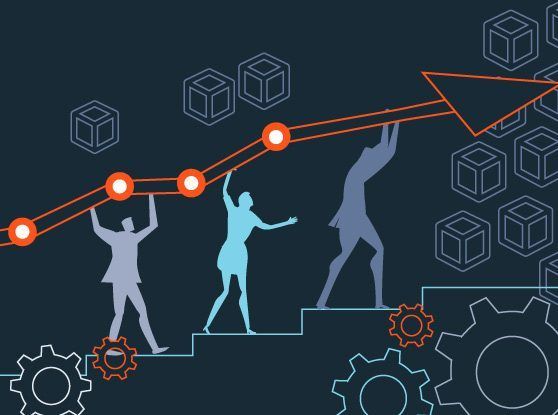Nick Sinai is an inaugural Walter Shorenstein Media and Democracy Fellow at the Harvard Kennedy School’s Shorenstein Center on Media, Politics and Public Policy. Nick is also a Venture Partner at Insight Venture Partners, a global software, data, and technology venture capital and private equity firm. He is a former U.S. Deputy Chief Technology Officer at the White House. Prior to joining the Obama administration, Nick was a venture capitalist at Lehman Brothers Venture Partners (now Tenaya Capital) and previously, Polaris Partners.
Yesterday, U.S. CTO Megan Smith announced that DJ Patil will join the White House as U.S. Deputy CTO and Chief Data Scientist.
He’s someone for open data and open government geeks to keep an eye on — as the possibilities for data science in the public sector are just starting to heat up.
DJ has pioneered the field and actually helped coin the term “data scientist.” He co-authored an HBR article calling data scientist the sexiest job of the 21st century and more recently co-authored an e-book with Hilary Masonabout creating data-driven culture. DJ was the Chief Data Scientist at LinkedIn, and was most recently the VP of Product at RelateIQ, which was acquired by Salesforce. He’s worked at Ebay, Skype, Paypal and Greylock — and started his career working at the Department of Defense and, as a researcher, with National Oceanic and Atmospheric Administration (NOAA) data to improve weather forecasting.
What will DJ work on? Current U.S. CTO Megan Smith says:
As Chief Data Scientist, DJ will help shape policies and practices to help the U.S. remain a leader in technology and innovation, foster partnerships to help responsibly maximize the nation’s return on its investment in data, and help to recruit and retain the best minds in data science to join us in serving the public. DJ will also work on the Administration’s Precision Medicine Initiative, which focuses on utilizing advances in data and health care to provide clinicians with new tools, knowledge, and therapies to select which treatments will work best for which patients, while protecting patient privacy.
As part of the CTO team, DJ will work closely with colleagues across government, including the Chief Information Officer and U.S. Digital Service. DJ’s work will also include data science leadership on the Administration’s momentum on open data and data science.
Over the past six years, the Obama administration has made historic progress in this area. In addition to making more than 138,000 data sets available to the public for innovation and entrepreneurship, the Administration is also empowering Americans with secure access to their personal data and expanding our capacity to process and examine large and complex datasets. Utilizing data for innovation holds amazing potential for the future of our country.
No doubt, DJ will also serve as chief data evangelist for the U.S. government –highlighting its vast data assets and how they can be responsibly put to use to further scientific and private-sector innovation. And as a leading data practitioner, I’m confident he’ll accelerate how the U.S. government “dogfoods” its open data — i.e. uses its own publicly-facing data to make government smarter and more efficient. There are an increasing number of public application programming interfaces (APIs) in the US government(interfaces for software to talk to software) — and agencies like Census are starting to build citizen-facing apps on top of their own public APIs.
The growing recognition of the potential for data science and data innovation isn’t just limited to government and business. I’m in residence at the Shorenstein Center on Media, Politics and Public Policy at the Kennedy School of Government, where I’ve seen first-hand how these fields are also transforming Harvard. This spring, I am honored to teach a seminar aboutdata, tech, and innovation in government.
If you want to see the true potential of data science at Harvard, check out Professor Gary King’s big data analysis of Chinese social media. Turns out Chinese censors don’t really care about criticism on social media — but when Chinese citizens express the intent to assemble or protest, the censors really swoop in. In an increasingly digital world, data science on Internet data can generate profound insights into political science and the study of government.
And one of DJ’s first stops, after the Strata conference in New York today, is to come here to Harvard on Thursday, February 26th.
DJ — along with the nation’s first and second U.S. Chief Technology Officers, Aneesh Chopra and Todd Park, and U.S. Commerce Department’s Deputy Chief Data Officer Lynn Overmann — will participate in a panel discussion to talk about data and technology in government.










